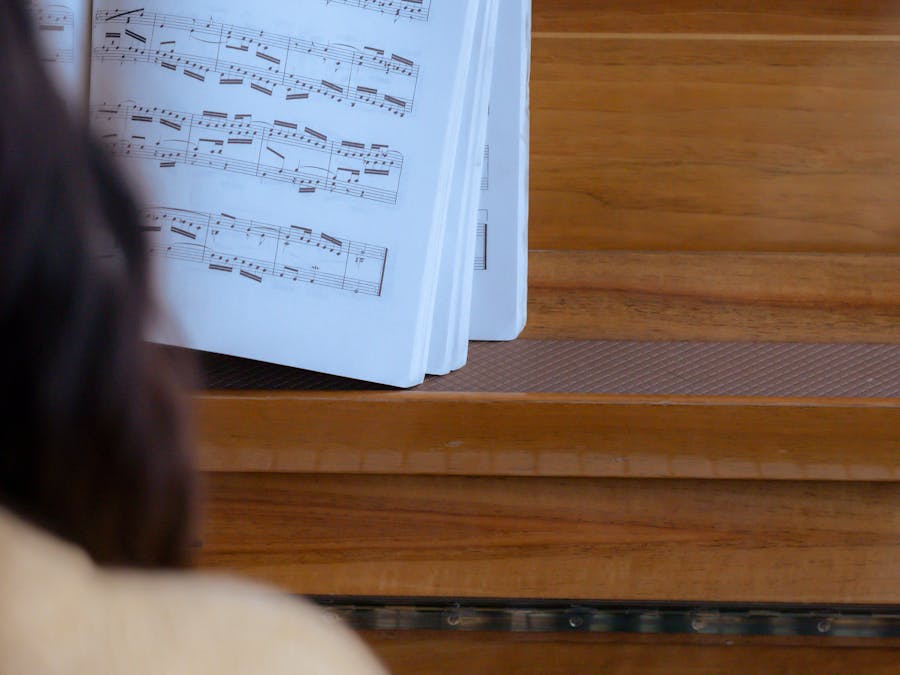 Piano Guidance
Piano Guidance
 Piano Guidance
Piano Guidance

 Photo: Pavel Danilyuk
Photo: Pavel Danilyuk
How Many Music Lessons Should You Take Per Week? When it comes to taking music lessons, it's most common for students to take one lesson per week. While weekly lessons work perfectly fine for most, you may actually get more out of your music education by taking two music lessons per week.

7ths are commonly used in jazz and blues to add softness or tension to regular minor or major chords. In more modern music, Neo-Soul artists like...
Read More »
The piano is a relatively easy instrument to learn, but every new skill has its challenges. Below are some of the factors that might be hard for...
Read More »
The I, IV, and V chords are the three most used chords in each major key. Aloud you would call them, “The one, four, and five chords.” The I chord...
Read More »
CITES, the international body that governs endangered species, currently prohibits ivory trade because of the risks it poses to elephant...
Read More »Because of the above reasons, we sometimes recommend that our students take two lessons per week. Frequent study with a music teacher can help to not only improve your progress, but also enhances the quality of your music education. In short, you get more out of your music lessons when you take them more frequently, and you’ll be able to progress and truly enjoy your music. You can enroll in two lessons per week in a number of different ways. If you’re currently taking one 60-minute lesson, you may consider taking two 30-minute lessons per week, instead. These lessons are shorter, but because they’re more frequent they can help to reinforce the techniques that you’re learning and give you a chance to check in with your teacher more often. For younger or beginning students, 30-minute lessons provide just enough study time without being overwhelming or tiring. Of course, if you want to get more out of your lessons, then enrolling in two 45-minute or 60-minute lessons per week is ideal. These longer sessions allow you to spend a bit more time working on music after you’ve warmed up. With two longer lessons per week, your teacher can delve deeper into your specific needs, and possibly incorporate more music theory and history that will help you to better understand music as a whole. Plus, if you’re preparing for an audition, this increased lesson time allows your teacher to cover more of the skills you’ll need, such as sight reading, scale studies, and your audition pieces. At Sage Music, we’re happy to work out a schedule that suits you best. If you’d like to increase your music lesson frequency, talk with your music teacher about what schedule will help you to get the most out of your music education.

This is because people live in favelas because they are poor and cannot afford better housing in the legal city areas. There is also a lack of many...
Read More »
Whether your piano features ivory or plastic keys, over time they can become yellow and/or faded. Many players accept this as simply part of owning...
Read More »
If you can't play anything that you want to, or that you will want to be able to play one day, then it probably isn't the right time for you to...
Read More »
Males have a greater amount of muscle bulk.” “A man's leg is about 80 percent muscle, compared with about 60 percent muscle in a woman's leg. That...
Read More »